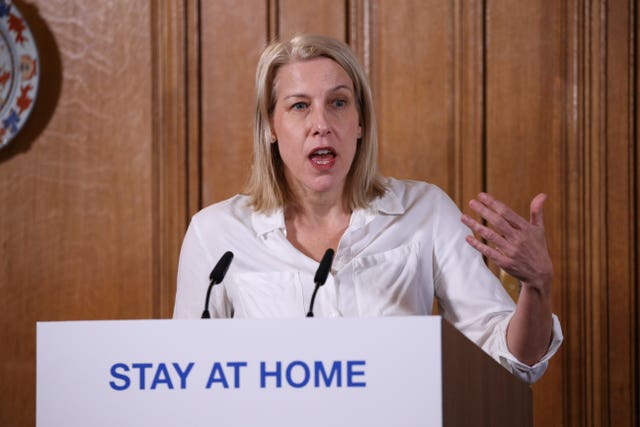
Matt Frei 10am - 12pm
30 September 2020, 00:04

Discounting by non-food stores is helping offset the small rises in food.
Shoppers continue to enjoy falling prices as retailers try to encourage more into stores and recover lost ground due to the Covid-19 restrictions on social distancing, according to the British Retail Consortium (BRC).
The BRC-Nielsen shop price index revealed prices fell in September by 1.6% compared with August. They had fallen by the same amount the month previously.
Non-food goods fell 3.2% in September compared with a 3.4% drop in August, but it was offset by a 1.2% rise in food prices.

The BRC said it was another good month for consumers, but warned a no-deal Brexit could cause issues as new tariffs in January could lead to supermarkets footing a bill of £3.1 billion a year.
Chief executive Helen Dickinson said: “Without a zero-tariff deal with the EU, supermarkets will be subjected to £3.1 billion a year of tariffs on food and drink, which they will have little choice but to pass on to their customers as retail margins are so thin.
“Many non-food retailers will also face large tariff bills, and as a result, the total cost to the industry and its customers would be much higher.
“The Government must prioritise a tariff-free deal, otherwise hard-pressed consumers will bear the brunt of price increases.”
The September price fall of 1.6% is below the 12-month average price decrease of 1.1%, but above the 6-month average price decrease of 1.7%.
Non-Food prices fell by 3.2% in September compared to a decline of 3.4% in August. This is below the 12-month average price decline of 2.6%, but above the 6-month average price decline of 3.5%.
Food inflation eased to 1.2% in September, down from 1.3% in August. This is below the 12 and 6-month average price increases of 1.4% and 1.4%, respectively.
Fresh Food inflation held at 0.2% in September. This is below the 12 and 6-month average price increases of 0.6% and 0.5%, respectively. This is the lowest rate of increase since February 2017.
Ambient Food inflation slowed to 2.5% in September, down from 2.8% in August. This is below the 12 and 6-month average price increases of 2.6% and 2.7%, respectively.
Mike Watkins, head of retailer and business insight at Nielsen, said the next rent payments will be a good indicator for which retailers are likely to survive the Winter.
He said: “Food shop price inflation has slowed with supermarkets introducing new price cuts this month and non-food retailers had the additional challenge of selling through seasonal stock, disrupted by unpredictable weather.”